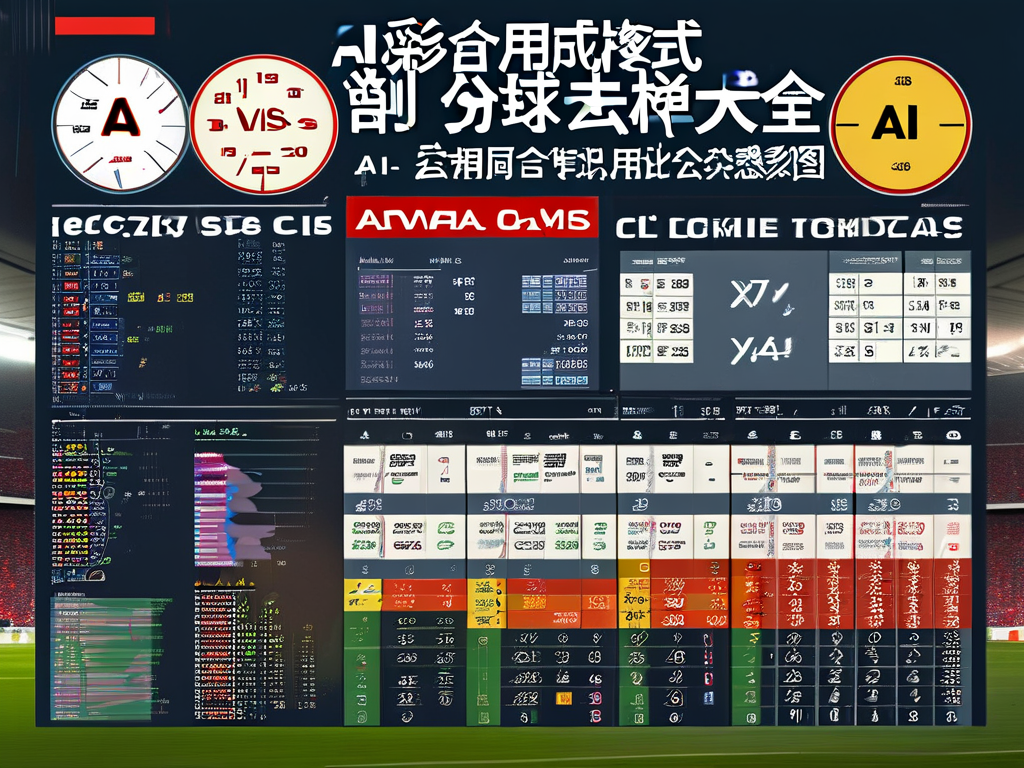Football betting enthusiasts and data-driven punters are always on the hunt for tools to optimize their strategies. One of the most sought-after resources is a football betting formula and algorithm spreadsheet, which combines mathematical models with real-time data analysis. This article explores key formulas, algorithmic approaches, and practical resources for download, offering actionable insights to elevate your betting game.

Core Formulas in Football Betting
-
The Kelly Criterion
A cornerstone of risk management, the Kelly Criterion calculates the optimal stake percentage based on perceived edge and odds. For example, if a bettor identifies a 55% probability of an outcome with decimal odds of 2.0, the formula suggests wagering 10% of the bankroll. While effective, it requires precise probability estimation to avoid overexposure. -
Poisson Distribution Model
Widely used for predicting match scores, this statistical model estimates the likelihood of specific goal outcomes by analyzing team attack/defense metrics. Modern spreadsheets automate Poisson calculations, allowing users to input team stats and generate projected scorelines. -
Elo Rating System
Adapted from chess, Elo ratings assign numerical values to teams based on performance history. A 100-point gap between two teams translates to a 64% win probability for the higher-rated side. Dynamic spreadsheets update Elo scores post-match, refining future predictions.
Algorithmic Approaches
Advanced bettors leverage algorithms to process vast datasets. A trending method involves machine learning classification models (e.g., Random Forest or Logistic Regression) trained on historical match data. These models evaluate variables like possession rates, injury reports, and weather conditions to predict outcomes. Open-source libraries like Python’s Scikit-learn enable users to build custom prediction engines, though spreadsheet-based templates remain popular for their simplicity.
Downloadable Spreadsheet Templates
For those seeking ready-to-use tools, several templates stand out:
- Dynamic Odds Comparator: Tracks real-time odds across bookmakers, highlighting value bets using a built-in edge calculator.
- Bankroll Manager: Integrates the Kelly Criterion with visual progress charts to prevent reckless betting.
- Poisson Simulator: Auto-generates score probabilities using league-specific data inputs.
These resources are often shared on platforms like GitHub or specialized betting forums. However, users should verify template credibility by checking user reviews and update logs.
Practical Implementation Tips
While formulas and algorithms provide structure, human judgment remains irreplaceable. Consider these steps:
- Calibrate Models with Small Stakes: Test strategies with minimal bets before scaling.
- Cross-Validate Data Sources: Combine spreadsheet outputs with expert analyses or insider news.
- Avoid Overfitting: Custom algorithms may excel with historical data but fail in live scenarios. Regularly retrain models with fresh data.
Risks and Ethical Considerations
Overreliance on automated tools can lead to complacency. A 2022 study revealed that 68% of bettors using algorithms ignored situational factors like team morale, resulting in unexpected losses. Additionally, ensure downloaded spreadsheets are free from malicious code by scanning files before opening.
Mastering football betting requires blending quantitative models with qualitative insights. By leveraging formulas like Kelly Criterion, Poisson distributions, and Elo ratings—paired with downloadable algorithm spreadsheets—bettors can make informed decisions. Always prioritize responsible gambling practices, treating these tools as aids rather than guarantees. For secure template downloads, visit reputable platforms like BettingExpert or OddsPortal, and stay updated with community-driven enhancements.








